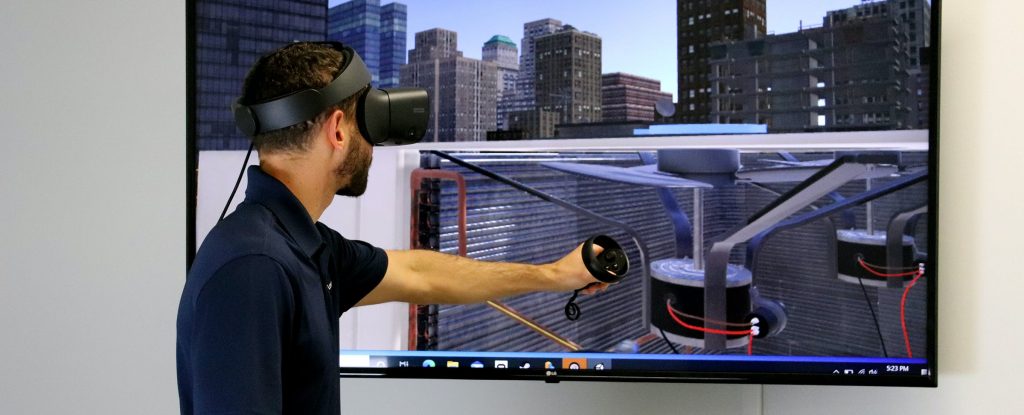More Employers Are Awarding Credentials. Is A Parallel Higher Education System Emerging? — from edsurge.com by Sean Gallagher and Holly Zanville
Excerpt:
As the acceptance of new types of credentials grows, a number of employers have become learning providers in their own right, in a way that could shake up the broader higher education landscape.
A growing number of companies have moved beyond training their own employees or providing tuition assistance programs to send staff members to higher education. Many of these employers are also developing their own curricula and rapidly expanding their publicly-facing credential offerings.
But the current boom in employer-issued credentials is different—and potentially transformational. Unlike the traditional IT certifications of decades past, these new credentials are less focused on proprietary technologies related to a given tech vendor, and are instead more focused on broadly applicable tech skill sets such as IT support, cloud computing and digital marketing.












